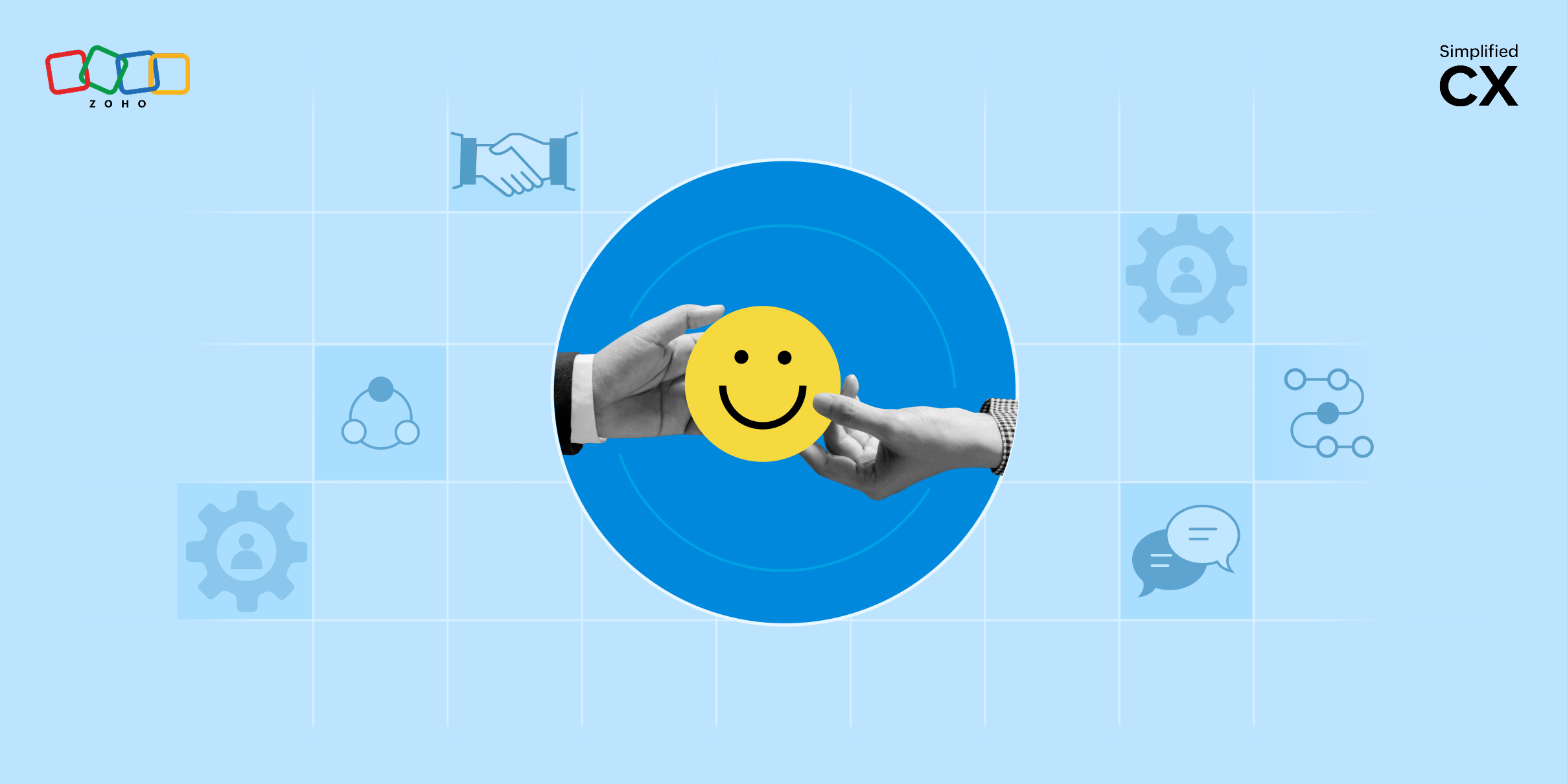Training right to prevent train-wrecks
- Last Updated : October 24, 2023
- 959 Views
- 3 Min Read

To paraphrase Malcolm Gladwell, getting good is a 10,000-hour thing. Nobody becomes a professional by chance. The best in the business got there with experience, knowledge, and foremost, rigorous training.
Customer service agents have to bring their A-game every time they interact with a customer. That’s a lot to ask of anyone. To get there, they need hard expertise (i.e., technical knowledge), as well as soft skills like tone and empathy. Training them is therefore important not just for their success but for your company’s as well.
Here are four ways in which training adds value to your team and your business.
Scaling your culture
When a company starts small, with only a handful of people, it’s relatively easy to manage things. The team is driven by the bond they have with the company’s mission. Over time, as the company grows, sometimes they’ll have to add people for their specialized skills rather than for their familiarity with the company culture. They may not readily understand why things are done in a particular way. And that’s where training helps. From how to begin a response to when to issue a refund, culture affects customer experience more than you think.
Giving your agents a stronger skill set
To make customers happy while giving them the answers they need, agents have to think practically, be compassionate, and articulate their answers well. Although you look for these qualities when you hire, not all agents will be above the bar in all aspects. Training helps level these differences. You could think of it as a form of normalization – a way to create a team that’s consistently good at everything
A good training regimen also gives you more freedom to hire from diverse backgrounds. It imparts a desired level of skill while retaining each agent’s individual personality and perspective.
Delivering a consistent experience
A consistently great customer experience goes a long way in making your brand successful. And a great customer experience stands on the foundation of a well-trained and empowered team.
Agents need two kinds of empowerment: knowledge and discretion. Knowledge of the workplace and its processes comes directly from training. Discretion comes from a combination of common sense and best practices, both of which can be developed with effective training.
Not sounding robotic
Many companies push training too far and standardize everything in every direction, but that’s kind of the opposite of the real objective. Training is complete only when what is taught is also learnt. A good training regimen must be flexible and give agents the space to express their personalities. It shouldn’t inhibit your agents’ human side or force them into monotony. The skills they hone through training should complement their personalities. Customers are more comfortable when they feel like they’re talking to an actual human being, not a robot reading off a screen.
Let’s look at a situation where great service went hand-in-hand with individuality. This is the kind of customer experience that good training will help create consistently.
Netflix is one brand that has trained its agents to be efficient while keeping their funny bone intact. Want to see the proof?
Here’s a conversation between one of Netflix’s customer service agents and a customer who was having trouble watching a show. Now, the agent could have addressed this issue in a formal way. He could have simply fixed the problem, said ‘Thank you,’ and moved on to the next issue. Instead, well, let’s just say the conversation got a little more interesting than the average customer-agent interaction.

Norm, the customer who contacted Captain Michael, got both an instant response and a few chuckles. Deciding to play along, Norm went on to explain his problem and got equally quirky answers:

The agent soon resolved the issue and had to end the conversation, to the dismay of the customer who wished he could spend longer chatting.

Obviously, Captain Michael is a talented and creative agent. But he’s also been set up for success by a company that understands what good training should accomplish. They’ve made sure he has the knowledge to fix customers’ technical problems, but they’ve also made sure that he has the space to use his discretion and his own personality. The result is effective, responsive, and reflects well on the company — the end goal of a training program done right.


